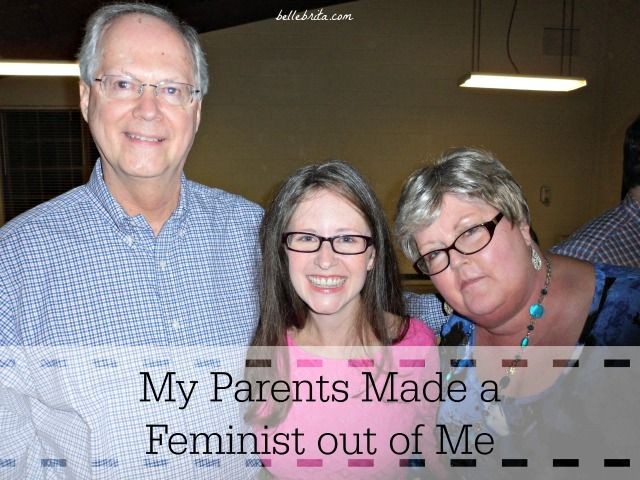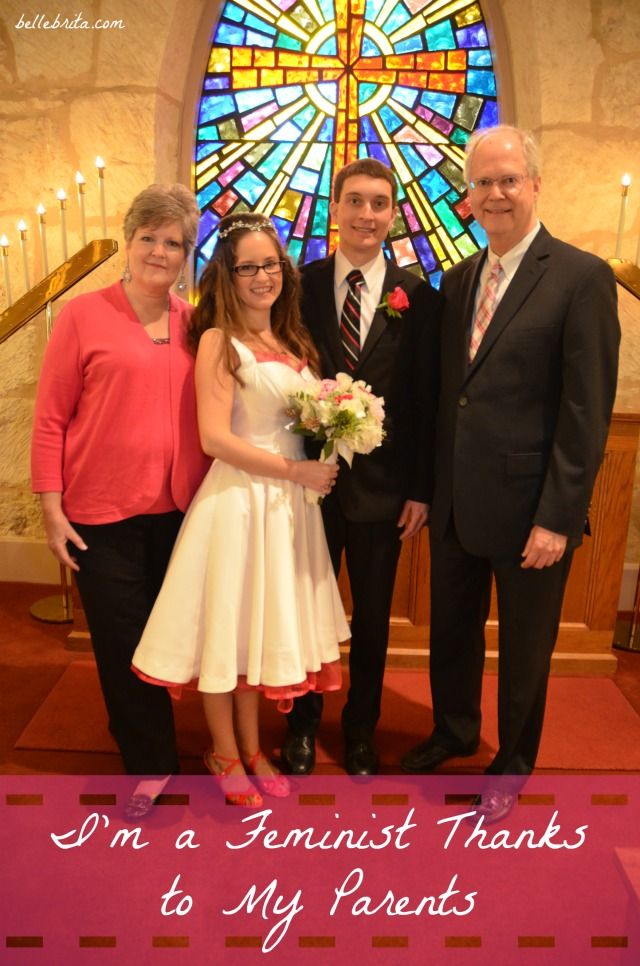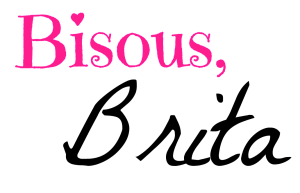Post contains affiliate links.
I’ve been a feminist for as long as I can remember. I became a feminist at such a young age that I didn’t even know what a feminist was. I didn’t know there were adults out there who understood how I felt, adults who agreed with me, adults who had paved the way for me to notice gender inequality at a young age.
I realize this sounds dubious. But little kids notice their environment and react to it, even if they can’t yet articulate what they’re feeling inside. And when you have a twin brother, you notice when people treat you differently, especially since my parents did their best to raise us equally.
In no particular order, these are the things I noticed between second and fifth grade. (I’m choosing to start with the second grade because that was my first year attending school in South Carolina; my family moved during the summer).
Sexism & Feminism in Childhood
- I read every single biography my school library offered in the Childhood of Famous Americans series. I read about revolutionary patriots, from Crispus Attucks to Paul Revere to Patrick Henry. I learned about famous athletes, from Babe Ruth to Lou Gehrig, from Jesse Owens to Jackie Robinson. I discovered great presidents, from George Washington to Thomas Jefferson, from Franklin D. Roosevelt to John F. Kennedy. Yet the only women in my library’s collection were Martha Washington, Molly Pitcher, Betsy Ross, Clara Barton, and Helen Keller. My school’s library had 20-30 of those biographies, but only 5 of them were about women.
- I didn’t understand why there were so few male teachers at my school (two at the peak; then just one).
- When I was eight, my career goal was to be the first woman president. My dad offered to be my campaign manager. When I was ten, I decided the president’s life was too public for me, so I wanted to be a Congresswoman instead.
- I thought my friends were silly when they would doodle Mrs. Crush’s Name on their notebooks. I can honestly say that I have never in my life imagined myself as Mrs. Boy’s Name.
- I liked Jo best in Little Women. Although I felt sorry for Laurie when she refused his proposal, I totally understood her. I thought Amy was stupid and annoying.
- One of my favorite books was Girls to the Rescue. I read it over and over and over again.
- I also loved The Boys Start the War and its sequels. Finally a book with interesting boys AND girls! To this day, I recommend The Boys Start the War to anyone looking for books to engage children ages 7-10.
- I didn’t understand why Pocahontas’s father could choose who she married.
- I asked my parents why all of the elders and most of the deacons in my church were men. They told me that our church didn’t allow women to be elders, and previously, our church didn’t allow women to be deacons. I was shocked.
- I also asked why we called God He. I understood that Jesus was a man, but wasn’t God bigger than men and women?
- I felt sorry for boys because they couldn’t wear dresses and skirts, but I could wear pants and shorts. I thought their wardrobe choices were limited.
- I felt babied by my paternal grandmother. One time I pointed this out to Daddy. I asked if she forgot I was the same age as Harry because I was so much smaller. Daddy said older people had different ideas about the abilities of boys and girls, ideas that were wrong but hard to change.
- I thought it was weird that brides always wore white. Why didn’t they want to wear their favorite color? I told my parents that when I got married, my dress was going to be every color in the rainbow.
- My parents taught Harry and me all the same chores. We both helped Daddy clean the pool in the summer and rake the leaves in the fall. We both helped Mom deadhead flowers and pull weeds in the garden. We both helped both our parents with the laundry and the dishes.

So I think you can see how the feminist seed was planted early on. I noticed and disliked the limited number of biographies that featured women. I noticed our nation’s lack of women in politics, so I decided to change that myself. My favorite books featured strong female characters. I thought the two women I most admired in my church (“Miss” Jane and “Miss” Lucy) deserved the same sort of leadership roles their husbands held as elders.
Did I know how to articulate this as a desire for gender equality?
Of course not.
Did I have any idea that my thoughts and observations were unusual in American society, especially for my age?
Not a clue.
I thought that people who believed I couldn’t or shouldn’t do something because I was a girl were either stupid, uninformed, or old-fashioned (like my grandmother).
Oh, hey, I still think that!
So why am I feminist? My parents are an example that we’ve achieved it, right? Gender equality in parenting, woohoo! Yeah, my parents did an AWESOME job raising us. I truly believed I could grow up to be whatever I wanted as long as I was willing to work hard for it.
But what about all those other influences?
My school, with its piddling selection of biographies on strong women.
My former church, which continues to bar women from ordained positions (although women now outnumber men in the diaconate).
Washington, D.C., with its line of male presidents and its tiny number of women in Congress.
This is why I’m a feminist. Because consciously or subconsciously, we impose gender roles on children from a young age. (Seriously, check out Sexist Babies on Tumblr). Because children should have the freedom to be themselves, whatever that may be, without feeling pressure to “be a man” or “act like a lady.” Because children need to see both men and women in a variety of roles, from teachers to politicians, from nurses to attorneys, from parents to ministers. Because children want to see people like themselves in books and on TV.
I want a better world for my future nieces and nephews, daughters and sons.
This is why I’m a feminist.

I am totally with you on Jo and Amy!!
Growing up I didn’t realize that my Dad treated us differently from boys until my brother was born when I was 12. Then I realize things weren’t equal.
You parents sound like amazing people!!
Amazing. Joined the group too!
Great read! My daughter shocked everyone at her VBS by telling anyone who would listen (or really, was in earshot, since she kept yelling it!) that the contest in which the teams were boys and girls was sexist! We’ve been able to completely escape the “boys vs. girls” mentality because we homeschool: my kids pick their friends based on personality, not gender or age. I teach my kids that a feminist is someone who doesn’t think that women are less than men. Men and women (and boys and girls!) are absolutely different, but also absolutely equal!
Brita- It was so great to see you after so many years the other day, despite the circumstances. I have read through pretty much all of your blog at this point. I identify as a feminist and I’d like to think that maybe even as a three-year-old (and you as a ten-year-old), you had some kind of subconscious influence on me. Next time you’re in Greenville please get in touch! You and your family are in my thoughts. Much love.